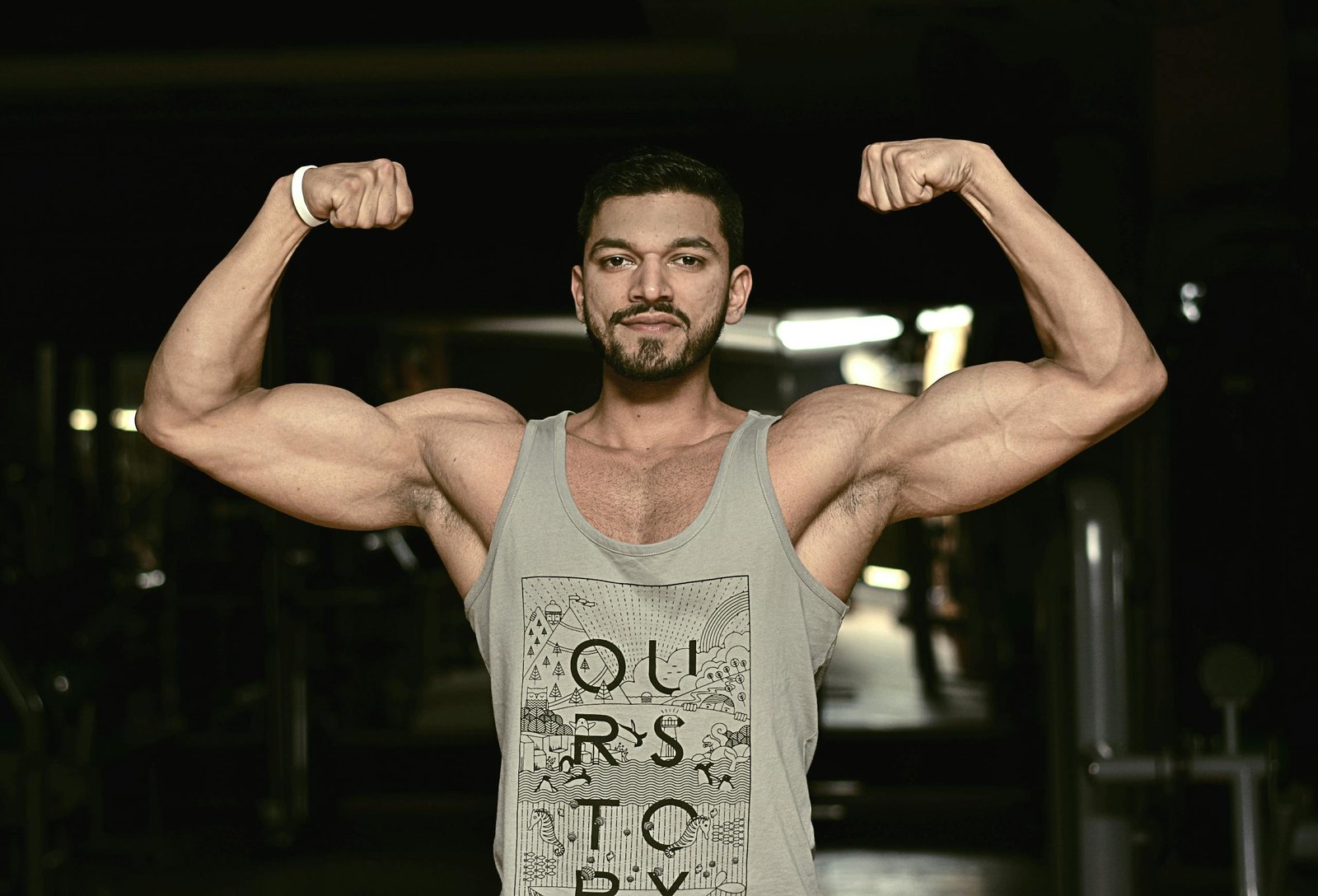How Dehydration Affects Your Muscle Function
There are some affiliate links below, but they are all products I highly recommend. For more info, view my disclosure here.
Did you know that dehydration can have a significant impact on your muscle function? When you don’t drink enough water, your muscles suffer. It can lead to decreased strength, decreased endurance, and even muscle cramps.
This article will explore the connection between dehydration and muscle function, as well as provide strategies for optimal hydration to improve your muscle performance.
Stay hydrated and keep your muscles functioning at their best!
The Impact of Dehydration on Muscle Strength
When you’re dehydrated, your muscle strength is significantly affected. Dehydration leads to a decrease in your body’s water content, which in turn affects the functioning of your muscles. Water is essential for muscle contractions and helps maintain their elasticity and flexibility. Without adequate hydration, your muscles may not be able to perform at their optimal level.
When you’re dehydrated, your muscles may feel weaker and fatigue more quickly. This is because water plays a crucial role in transporting nutrients and oxygen to your muscles. When there’s a lack of water, these essential components aren’t efficiently delivered, resulting in reduced energy production. As a result, your muscles may not be able to generate as much force, leading to a decrease in strength.
Dehydration can also lead to muscle cramps. When your body is lacking water, the balance of electrolytes, such as sodium and potassium, is disrupted. Electrolytes are essential for proper muscle function, and imbalances can cause muscle cramps and spasms.
To maintain optimal muscle strength, it’s vital to stay hydrated. Drink plenty of water throughout the day, especially during physical activity or when exposed to hot weather. Remember, keeping your muscles hydrated not only improves their function but also helps prevent muscle-related injuries.
Decreased Endurance and Dehydration: What’s the Connection
You’ll notice a significant decrease in endurance when you’re dehydrated. Dehydration can greatly affect your ability to maintain physical activity for extended periods of time. When you’re dehydrated, your body doesn’t have enough water to perform its functions efficiently, and this can have a direct impact on your muscles.
Muscles require water to function properly. Water helps transport nutrients and oxygen to your muscles, and it also helps remove waste products. When you’re dehydrated, these processes are compromised, leading to decreased muscle performance. Your muscles may feel fatigued more quickly, and you may experience cramping or muscle spasms.
Furthermore, dehydration can impair your body’s ability to regulate its temperature. During exercise, your body heats up, and sweating is one of the ways it cools down. However, when you’re dehydrated, your body may struggle to produce enough sweat to cool itself down, leading to overheating and further exhaustion.
To prevent dehydration and maintain your endurance, it’s crucial to stay properly hydrated. Make sure to drink water before, during, and after physical activity. Pay attention to your body’s signals and drink when you feel thirsty. Remember, staying hydrated is essential for optimal muscle function and overall performance.
Coordination and Dehydration: How It Affects Your Muscles
Maintaining proper hydration is crucial for optimal coordination and muscle performance. When you become dehydrated, your muscles are more prone to fatigue and cramping, which can greatly impact your coordination. Dehydration affects your muscles by reducing their ability to contract and relax efficiently. This can lead to decreased coordination and impaired muscle function.
When you’re dehydrated, your muscles may not receive enough oxygen and nutrients, making them more prone to cramps and spasms. These muscle contractions can cause sudden jerking movements and loss of control, leading to a significant decrease in coordination. Dehydration can also affect your balance and proprioception, making it harder for your muscles to work together effectively.
Proper hydration ensures that your muscles are well-nourished and functioning optimally. It helps maintain the balance of electrolytes, such as sodium and potassium, which are essential for muscle contractions. Staying hydrated also promotes efficient blood flow, delivering oxygen and nutrients to your muscles, which is crucial for coordination and muscle performance.
To maintain proper hydration and support your muscle function, it’s important to drink an adequate amount of water throughout the day, especially during physical activity or in hot weather. Listen to your body’s thirst signals and make sure to replenish fluids regularly.
Muscle Cramps and Dehydration: Understanding the Link
Proper hydration is essential for minimizing muscle cramps and understanding the link to dehydration. When you become dehydrated, your body lacks the necessary fluids to support proper muscle function. Without enough water, your muscles can’t contract and relax efficiently, leading to painful cramps. Dehydration affects the balance of electrolytes in your body, such as sodium, potassium, and magnesium, which play a crucial role in muscle contraction. When these electrolytes are imbalanced, your muscles may become more prone to cramping.
Dehydration can lead to an increase in muscle fatigue. Without enough water, your body struggles to remove waste products like lactic acid, which can build up in your muscles during exercise. This build-up of waste products can cause your muscles to feel tired and sore, making them more susceptible to cramping.
To prevent muscle cramps caused by dehydration, it’s essential to stay properly hydrated. Make sure to drink enough water before, during, and after exercise, especially in hot or humid conditions. Sports drinks that contain electrolytes can also help replenish what your body loses through sweat. Remember, staying hydrated is crucial for maintaining optimal muscle function and minimizing the risk of painful cramps.
Optimal Hydration Strategies for Improving Muscle Function
To improve muscle function, it’s important to have a well-planned hydration strategy. When it comes to optimizing your muscle performance, staying hydrated is key. Dehydration can negatively impact your muscles and hinder their ability to function at their best. By following a few simple hydration strategies, you can ensure that your muscles are properly fueled and ready to perform.
First and foremost, make sure you’re drinking enough water throughout the day. Aim for at least 8 cups (64 ounces) of water per day, and even more if you’re physically active or in a hot environment. It’s also important to listen to your body and drink when you feel thirsty. Thirst is a signal that your body needs more fluids, so don’t ignore it.
In addition to water, consider incorporating electrolytes into your hydration plan. Electrolytes, such as sodium and potassium, play a crucial role in muscle function. You can replenish electrolytes by consuming foods and drinks that contain them, such as sports drinks, coconut water, or bananas.
Remember to hydrate before, during, and after exercise. Pre-hydrating can help ensure that your muscles have enough fluid to function optimally, while hydrating during and after exercise helps replace any fluids lost through sweat.







